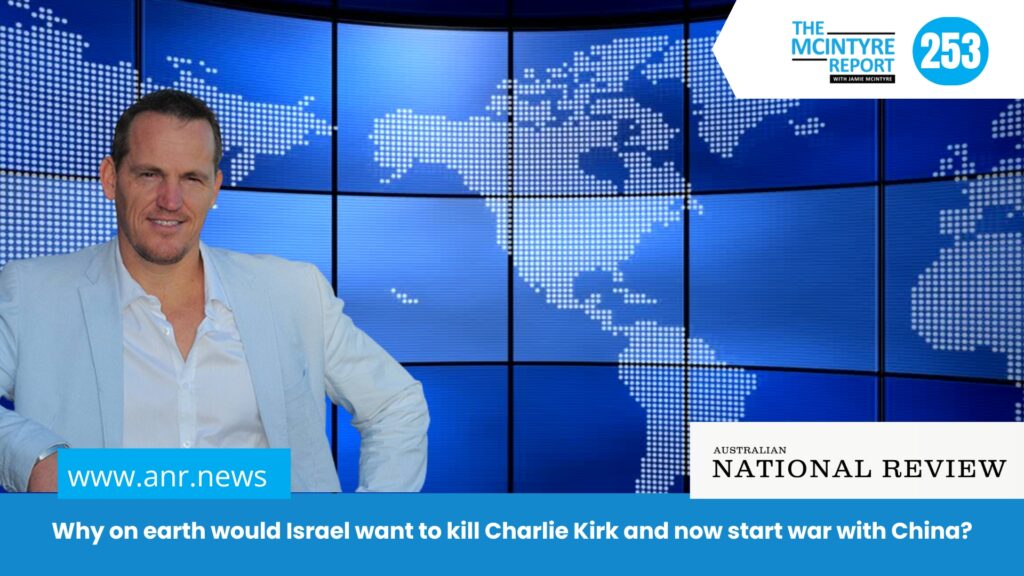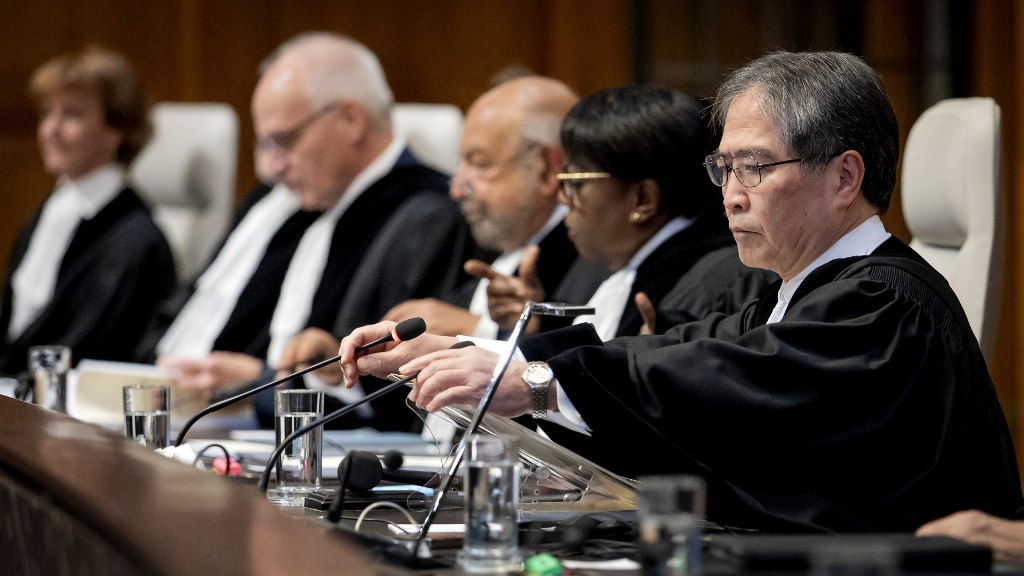ICJ Rules Israel Must Cooperate with UNRWA and Lift Gaza Aid Blockade
By Sondos Asem in The Hague, Netherlands
The International Court of Justice in its latest Advisory Opinion says Israel has unconditional obligation to ensure and facilitate humanitarian relief to Palestinians
The world’s top court on Wednesday ruled that Israel’s ban on the UN’s main humanitarian provider to Palestinians and its restrictions on aid to Gaza and the occupied West Bank are inconsistent with international law.
The advisory opinion comes six months after hearings by the International Court of Justice (ICJ) in The Hague, where more than 40 states and international organisations presented evidence mostly arguing that Israel had breached its international legal obligations to facilitate the entry of aid to the Palestinian population under its occupation.
Only the Israel, the US and Hungary disputed the majority opinion, arguing for an interpretation of international humanitarian law in favour of limiting such obligation due to military necessity and Israel’s security.
The court on Wednesday rejected Israeli and US arguments, and unanimously held that Israel as an occupying power is required to fulfil its obligations under international humanitarian law to ensure that Palestinians have essential supplies of daily life including food, medical supplies and shelter.
It also ruled by ten votes to one that Israel must agree to and facilitate by all means at its disposal relief schemes for the people of Gaza and not impede them.
That includes those provided by the United Nations and its entities, in particular the UN agency for Palestinian refugees, Unrwa.
Such obligations are unconditional, it argued, providing its authoritative interpretation of Article 59 of the Fourth Geneva Convention.
“As the occupying Power, Israel’s obligation under the first paragraph of Article 59 to agree to and facilitate relief schemes if the local population is inadequately supplied is unconditional,” it said.
“The occupying Power may never invoke reasons of security to justify the general suspension of all humanitarian activities in an occupied territory.”
The court also ruled unanimously that Israel must abide by its obligations under international law not to forcibly displace or transfer the population under its occupation, and to respect the prohibition of the use of statvation as a method of war.
It further stated that Israel must respect the right of Palestinian detainees to be visited by the International Committee of the Red Cross, noting that, as argued by the UK, “Israel has denied the ICRC access to Palestinian detainees since 7 October 2023.”
The court added, by ten votes to one, that Israel must cooperate in good faith with the UN, including Unrwa, and to respect and ensure respect for the privileges and immunites accorded to the UN’s premises and officials by the UN Charter and Article II of the Convention on the Privileges and Immunities of the United Nations.
‘It is now upon all the international community to ensure Israel’s compliance with international law and not to allow it to continue with its genocidal tendencies’
– Ammar Hijazi, Palestine’s ambassador
Wednesday’s ruling is the third advisory opinion case since 2004 to be heard before the ICJ in relation to Israel’s violations of international law.
ICJ advisory opinions are highly authoritative among states and the court’s interpretation of a legal question is considered binding as a matter of general international law.
“It is now upon all the international community to ensure Israel’s compliance with international law and not to allow it to continue with its genocidal tendencies, committing the crime of genocide, and colonisation of occupied Palestine,” Ammar Hijazi, Palestine’s ambassador to the Netherlands, told Middle East Eye.
He welcomed the court’s argument that the denial of aid that is necessary to the survival of the Palestinian population is part of the denial of the right to their self-determination.
“This is additional proof that Israel’s conduct is not acceptable under international law, and as such there is only one path, either you are aligned with international law or you are aligned with colonialism, genocide, war crimes and crimes against humanity,” Hijazi added.
Unrwa is ‘impartial’
The ICJ advisory opinion has been prompted by Israel banning Unrwa, the UN agency for Palestinian refugees, in October 2024, an event that has sparked global outrage and calls for Israel to be ejected from the UN due to accusations that it violated the founding charter, particularly the privileges and immunities enjoyed by its agencies.
Unrwa is the primary source of humanitarian support for an estimated 5.9 million Palestinian refugees in occupied Palestine and neighbouring countries hosting Palestinian refugees.
This includes the provision of basic services such as education, food, medical care and the distribution of fuel. Its closure could lead to the collapse of the primary lifeline for Palestinians.
According to the organisation’s latest situation report, since October 2023, Israel has killed at least 380 Unrwa workers and carried out over 900 attacks on Unrwa premises and people sheltering in them.
Israel’s parliament, the Knesset, passed two laws in October 2024 banning Unrwa from operating inside Israel and occupied Palestine.
The bills came shortly after Israeli authorities confiscated the land in occupied East Jerusalem where Unrwa headquarters are located. Israel plans to build 1,440 settlement units, which are illegal under international law, on the site.
The laws effectively ban Unrwa from operating inside Israel, Gaza, the occupied West Bank and East Jerusalem. The ban would amount to a revocation of privileges and immunities enjoyed by UN organisations under the UN Charter. The ban came into effect in January.
The first law says that Unrwa is not allowed to “operate any institution, provide any service, or conduct any activity, whether directly or indirectly”, in Israel.
“There is no evidence that Unrwa has discriminated with respect to nationality, race, religious belief, class or political opinion during its distribution of humanitarian aid’
– ICJ advisory opinion
The second law prohibits Israeli government officials and agencies from contact with Unrwa.
Israel’s government has long been hostile towards Unrwa, partially because it upholds the refugee status of Palestinians who were expelled from their homes in the 1948 Nakba and their descendants.
In late January 2024, Israel accused 12 Unrwa workers of involvement in the 7 October Hamas-led attacks, alleging they had distributed ammunition and aided in civilian kidnappings.
A UN inquiry published in April last year found no evidence of wrongdoing by Unrwa staff, noting that Israel had neither responded to requests for names and information nor “informed Unrwa of any concrete concerns relating to Unrwa staff since 2011”.
In its advisory opinion, the court found that Israel has failed to substantiate its claims that a significant number of Unrwa staff are affiliated to Hamas.
It also emphasised its opinion that Unrwa is impartial and indispensable for the provision of relief to Palestinians, as mandated by the UN General Assembly.
“The Court notes that, based on the case file, there is no evidence that Unrwa, as an entity, breached the principle of impartiality within the meaning of Article 59,” the court said, thus rejecting the arguments of both Israel and the US.
“In other words, there is no evidence that Unrwa has discriminated with respect to nationality, race, religious belief, class or political opinion during its distribution of humanitarian aid and provision of services in the Occupied Palestinian Territory.”

Ammar Hijazi, Palestine’s ambassador, lawyers Paul S. Reichler and Ardi Imseis attend the ICJ session on 22 October 2025
It added that it does not have sufficient information to support the allegation that Unrwa is not a “neutral” organisation.
The court also noted Israel’s total siege on Gaza between 2 March and 18 May, and the attempt to replace the work of the UN with the highly controversial Gaza Humanitarian Foundation (GHF).
The court found that Israel, through the GHF, had not ensured that the population of the Gaza Strip is adequately supplied as required by international humanitarian law.
“The court notes the UN acting through Unrwa had been an indispensable provider of humanitarian relief,” the opinion read.
“The court considers that Israel is under an obligation to agree to and faciliate relief schemes provided by the UN and its entities, including Unrwa.”
Unrwa’s Commissioner-General Philippe Lazzarini welcomed the court’s ruling as an “unambiguous” confirmation of Israel’s legal obligations.
“Israel’s claim that Unrwa is infiltrated by Hamas was not substantiated, nor were allegations that Unrwa is not a neutral organisation,” he said.
“There must be accountability for the killing of Unrwa staff members, for the severe mistreatment of humanitarian staff in detention, and for the destruction, damage and misuse of Unrwa facilities.”




















